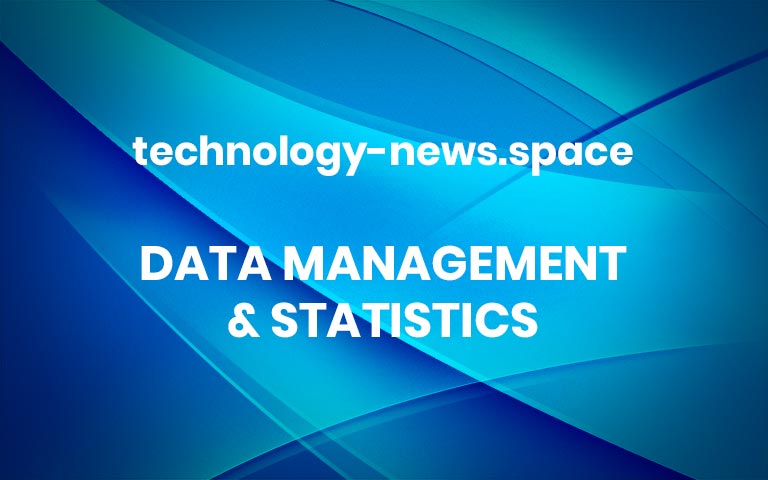MIT Schwarzman College of Computing unveils Break Through Tech AI
Aimed at driving diversity and inclusion in artificial intelligence, the MIT Stephen A. Schwarzman College of Computing is launching Break Through Tech AI, a new program to bridge the talent gap for women and underrepresented genders in AI positions in industry.
Break Through Tech AI will provide skills-based training, industry-relevant portfolios, and mentoring to qualified undergraduate students in the Greater Boston area in order to position them more competitively for careers in data science, machine learning, and artificial intelligence. The free, 18-month program will also provide each student with a stipend for participation to lower the barrier for those typically unable to engage in an unpaid, extra-curricular educational opportunity.
“Helping position students from diverse backgrounds to succeed in fields such as data science, machine learning, and artificial intelligence is critical for our society’s future,” says Daniel Huttenlocher, dean of the MIT Schwarzman College of Computing and Henry Ellis Warren Professor of Electrical Engineering and Computer Science. “We look forward to working with students from across the Greater Boston area to provide them with skills and mentorship to help them find careers in this competitive and growing industry.”
The college is collaborating with Break Through Tech — a national initiative launched by Cornell Tech in 2016 to increase the number of women and underrepresented groups graduating with degrees in computing — to host and administer the program locally. In addition to Boston, the inaugural artificial intelligence and machine learning program will be offered in two other metropolitan areas — one based in New York hosted by Cornell Tech and another in Los Angeles hosted by the University of California at Los Angeles Samueli School of Engineering.
“Break Through Tech’s success at diversifying who is pursuing computer science degrees and careers has transformed lives and the industry,” says Judith Spitz, executive director of Break Through Tech. “With our new collaborators, we can apply our impactful model to drive inclusion and diversity in artificial intelligence.”
The new program will kick off this summer at MIT with an eight-week, skills-based online course and in-person lab experience that teaches industry-relevant tools to build real-world AI solutions. Students will learn how to analyze datasets and use several common machine learning libraries to build, train, and implement their own ML models in a business context.
Following the summer course, students will be matched with machine-learning challenge projects for which they will convene monthly at MIT and work in teams to build solutions and collaborate with an industry advisor or mentor throughout the academic year, resulting in a portfolio of resume-quality work. The participants will also be paired with young professionals in the field to help build their network, prepare their portfolio, practice for interviews, and cultivate workplace skills.
“Leveraging the college’s strong partnership with industry, Break Through AI will offer unique opportunities to students that will enhance their portfolio in machine learning and AI,” says Asu Ozdaglar, deputy dean of academics of the MIT Schwarzman College of Computing and head of the Department of Electrical Engineering and Computer Science. Ozdaglar, who will be the MIT faculty director of Break Through Tech AI, adds: “The college is committed to making computing inclusive and accessible for all. We’re thrilled to host this program at MIT for the Greater Boston area and to do what we can to help increase diversity in computing fields.”
Break Through Tech AI is part of the MIT Schwarzman College of Computing’s focus to advance diversity, equity, and inclusion in computing. The college aims to improve and create programs and activities that broaden participation in computing classes and degree programs, increase the diversity of top faculty candidates in computing fields, and ensure that faculty search and graduate admissions processes have diverse slates of candidates and interviews.
“By engaging in activities like Break Through Tech AI that work to improve the climate for underrepresented groups, we’re taking an important step toward creating more welcoming environments where all members can innovate and thrive,” says Alana Anderson, assistant dean for diversity, equity and inclusion for the Schwarzman College of Computing. More


